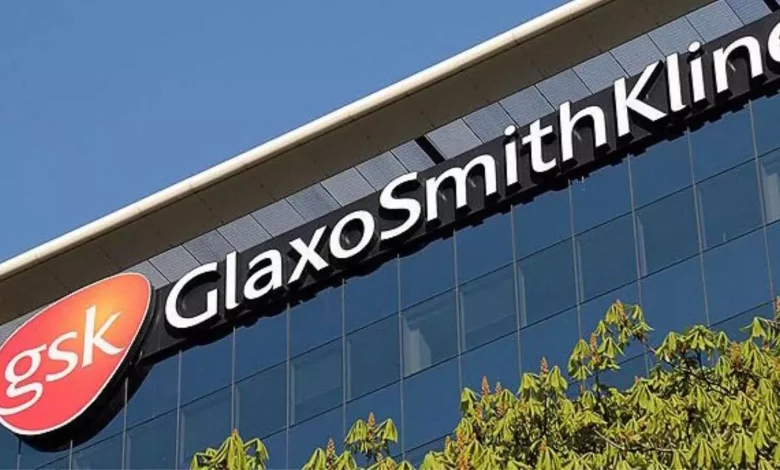GSK’s Gonorrhoea Drug Achieves Main Goal in Late-stage Trial

British pharmaceutical company GSK announced on Monday that its oral drug for treating gonorrhea, called gepotidacin, has met the primary goal of non-inferiority in a late-stage trial compared to an existing combination treatment. Gonorrhea is a sexually transmitted infection affecting approximately 82 million new individuals globally each year, increasing the risk of HIV infection.
GSK reported that gepotidacin demonstrated efficacy and safety comparable to the combination treatment of the muscle-injected antibiotic ceftriaxone and the bacteria-fighting pill azithromycin. Chris Corsico, GSK’s senior vice president of development, emphasized the positive results, highlighting the potential of gepotidacin as a novel oral treatment option, particularly for patients who cannot tolerate other treatments due to allergies or intolerance.
The drug, part of GSK’s infectious diseases portfolio, is anticipated to contribute to future growth and bolster investor confidence in the company’s pharmaceutical pipeline following the spin-off of its consumer healthcare business, Haleon. GSK recently revised its long-term sales growth target, now aiming for sales exceeding £38 billion (over $48 billion) by 2031.





